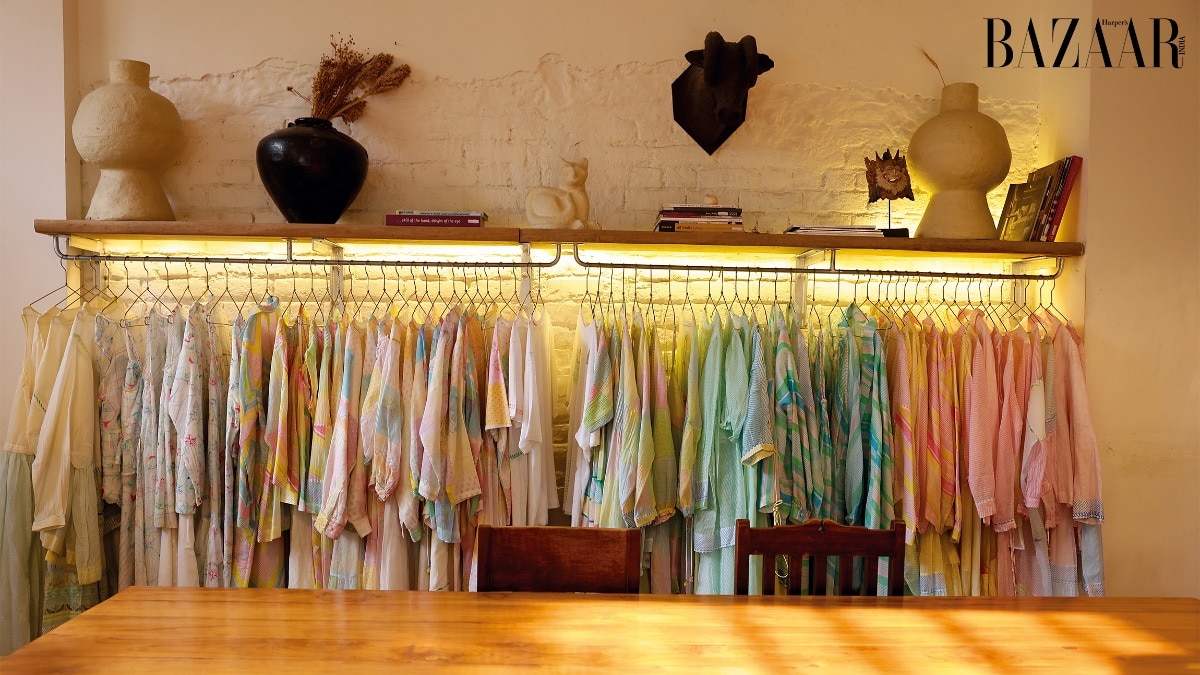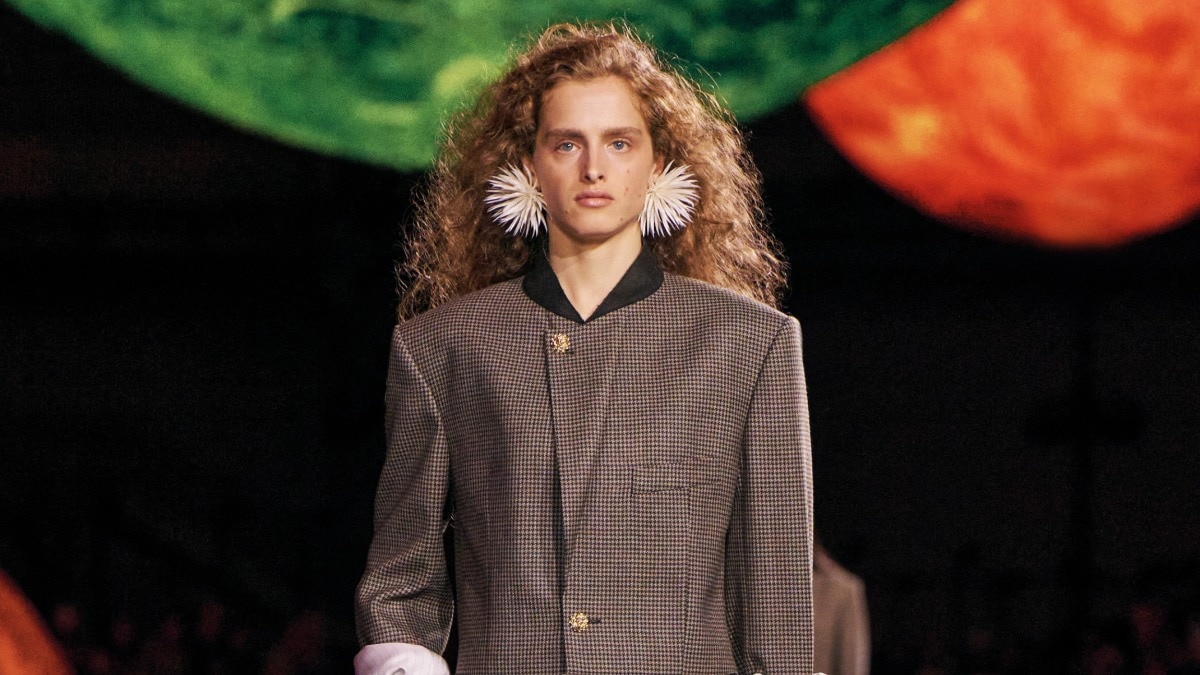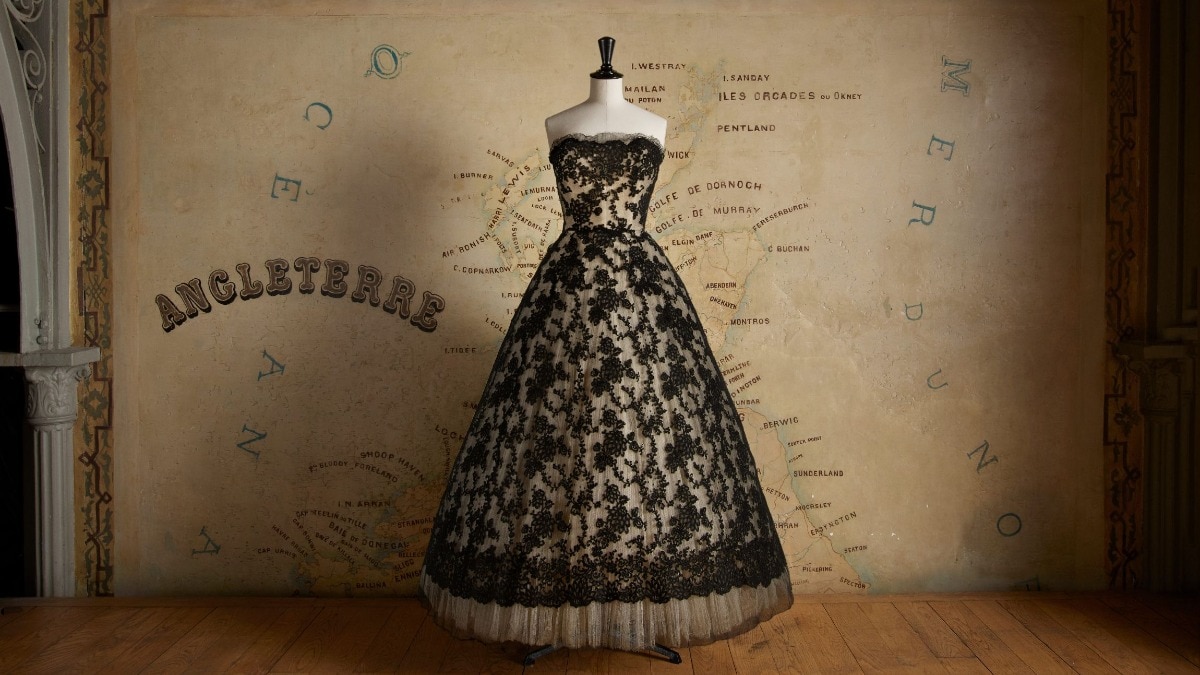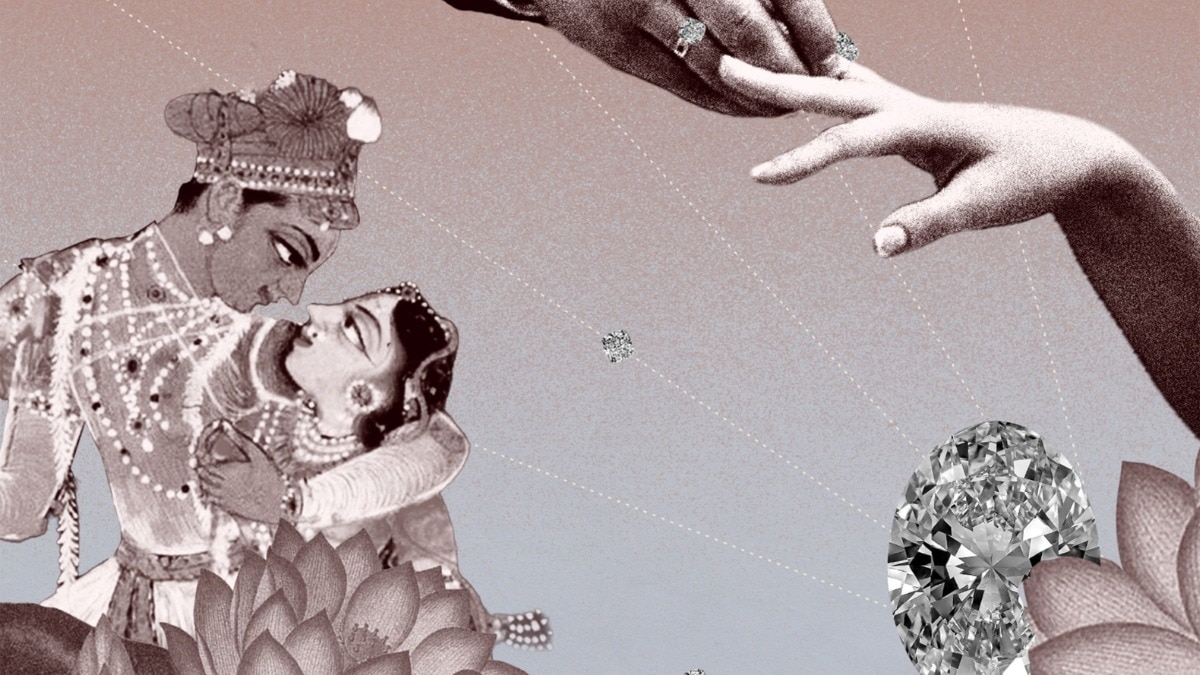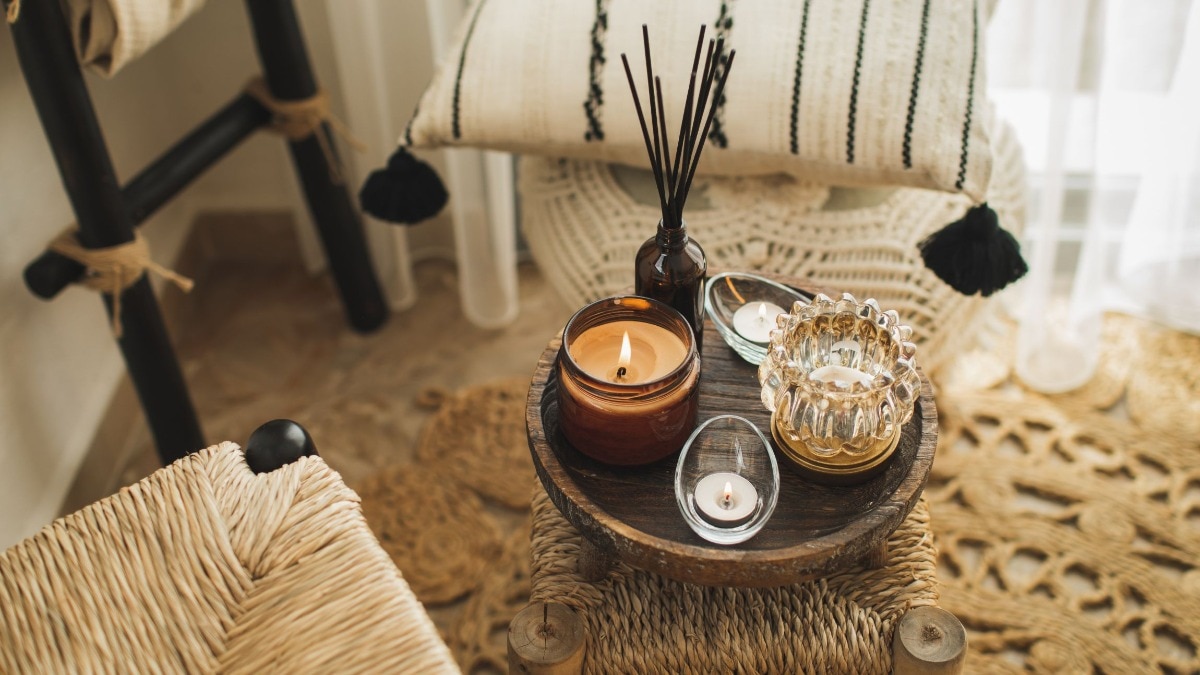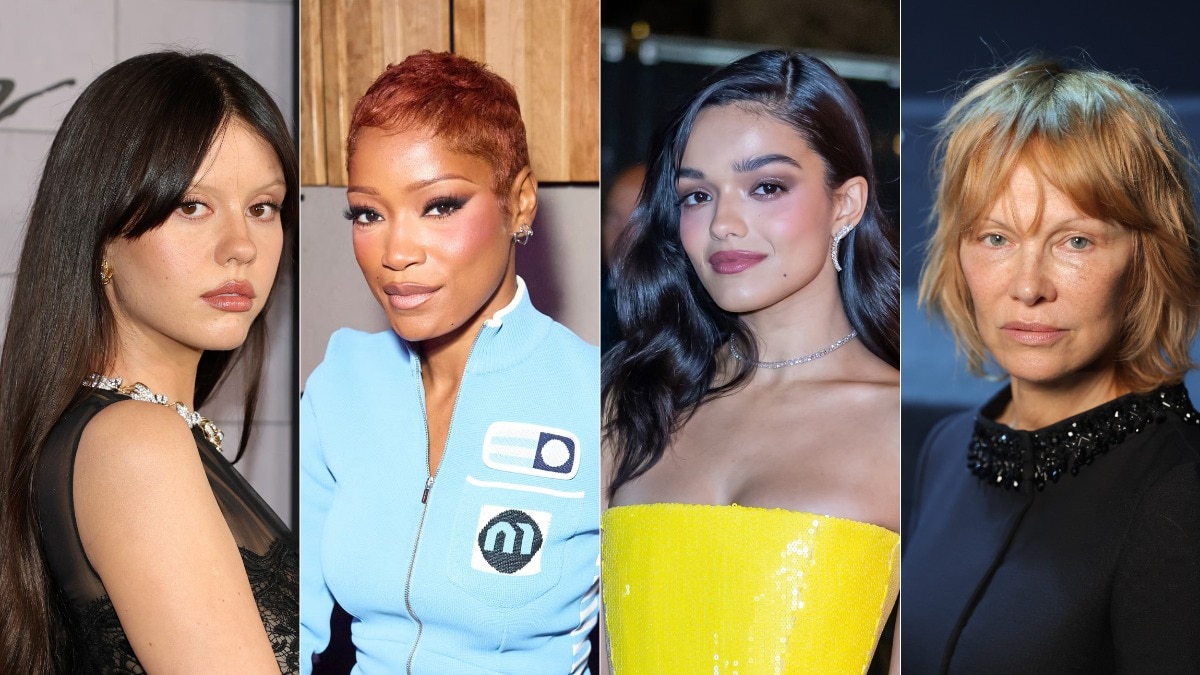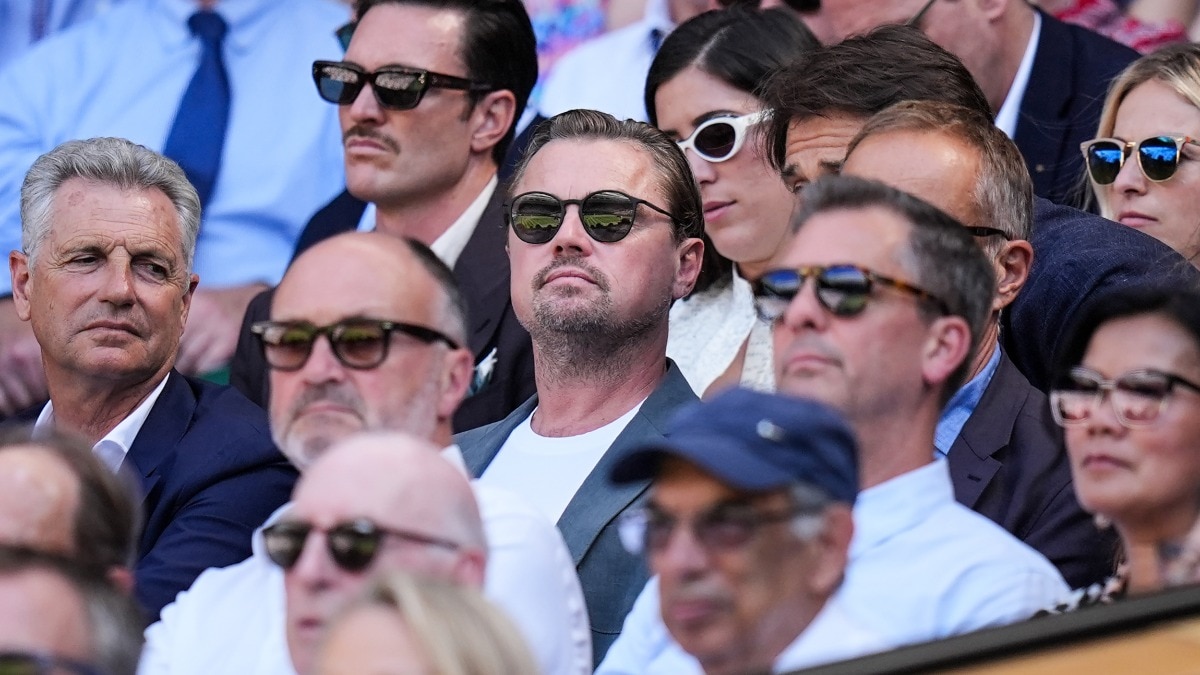
How the New York Fashion Week finds a new way forward
While designers celebrate anniversaries, returns, and remixes, they're also discovering a balance between the past and the present.


Time and place were the major talking points throughout the first few days of New York Fashion Week. More than a handful of designers celebrated anniversaries this season, including Stuart Vevers who rang in ten years at Coach with smart slouchy suits and sheer knit slips. Phillip Lim also returned to the calendar after a four year hiatus and Rio Uribe was back this season, after skipping one, celebrating the ten-year anniversary of his subversive, boundary-breaking label Gypsy Sport.
Christian Siriano had his own celebrity-packed soiree on the runway to ring in 15 years of his eponymous brand. Then of course there was Ralph Lauren’s hyper-Western-glam comeback after being off the calendar since 2019. And Rachel Comey kicked off the week—let’s just say that her striking but uncomplicated clothes have been missed since she last showed two years ago. The big one was of course American fashion’s current sweetheart Peter Do, whose debut collection as Creative Director of Helmut Lang was the most anticipated of the season.
For a shy young designer tasked with the impossible of bringing back such a specific moment of cool, Do did a balanced job. He has risen to fame mainly because he is such a skilled tailor, and his expert hand was what was most impressive here: sharply cut suiting and draped minis both stood out. It seems his new and old fans are already buying in: according to the Instagram account @databutmakeitfashion, the collection is the most Googled New York show right now, up 270%.
When it comes to place, Do’s launch of Helmut Lang 2024 wasn’t only a mark of a new era for the label, but also one that served as a love letter to New York and all the ways that the man himself, Helmut Lang, defined the sort of unbothered chic that turned the city into a fashion haven for minimalist kids in the 1990s and 2000s. Comey too, though more subtly, nodded to all the ways she’s helped steer a certain kind of New York woman’s style, someone who is confident, effortlessly put-together, but also maybe a little kooky too.
In many ways, these anniversaries and returns and remixes have offered us all a chance to look back on some of the best times of American fashion. We know that nostalgia is a cash cow design concept when it comes in the forms of reissued bags, shoes, and prints. But, as Do seems to understand on some level, you can’t recreate an era of style. So how does American fashion beat a totally new path forward?
After several seasons of slightly confused points of view or over-indulgent retro clothes, and despite this season’s celebrations of yore, it seems like the New York designers are really starting to figure that out. Jack McCollough and Lazaro Hernandez of Proenza Schouler proved during their show that they’ve hit a stride—with the launch of a new logo, their latest collection was equally rooted in their past and present, with crazy chic suiting and skirts and thong heels (with tights!) that fashion girlies will be gagging over come spring.

As everyone moves ahead, though, let this be said: if American designers really want to dress real women in their everyday lives, in New York or elsewhere, then they need to start making clothes for every shape and size and age and ability. We’re closer, but we’re not there yet, and that’s a proposition that should never receive the nostalgia treatment.
Kudos to Comey, and to Batsheva Hay, for always being a leader here and truly, thoughtfully modernizing the way we view a woman’s wardrobe for work and for life. Same goes for Hillary Taymour of Collina Strada, who once again proved that past, present, and future; good, bad, and ugly can all coexist in fashion. During her show, as her romantically quirky clothes came down the runway on models with forced smiles, she reminded us all that we can acknowledge our mistakes in the past (she denoted global burning in her collection notes), laugh at our current situation (by way of memes like the one that inspired the models nervous, spooky grins), and tackling the future (Taymour used A.I. to help design the collection).

Speaking of tackling the future, one also saw modern New York luxury in the form of Khaite’s long-line blazers and oversized jackets, while Eckhaus Latta’s brilliant Mike Eckhaus and Zoe Latta once again made us reconsider our ideas around American sportswear and back-to-work wardrobes.
In many ways, at least thus far this season, designers are evolving past that tight grip on the past—or on trying to, stylistically, fit squarely into one box or another. If the answer to "Where do we go from here?" seems to be taking some time to snap into focus, maybe that's OK—because that's how it always works. The kind of effortless, chic, sometimes experimental but also minimalistic cool that Americans are constantly looking for doesn’t break through in a New York minute. In fact, all of the American designers celebrating their pasts this season took some time to develop their distinct points of view. And style like that will always be worth waiting for.
This piece originally appeared in Harper's Bazaar US

